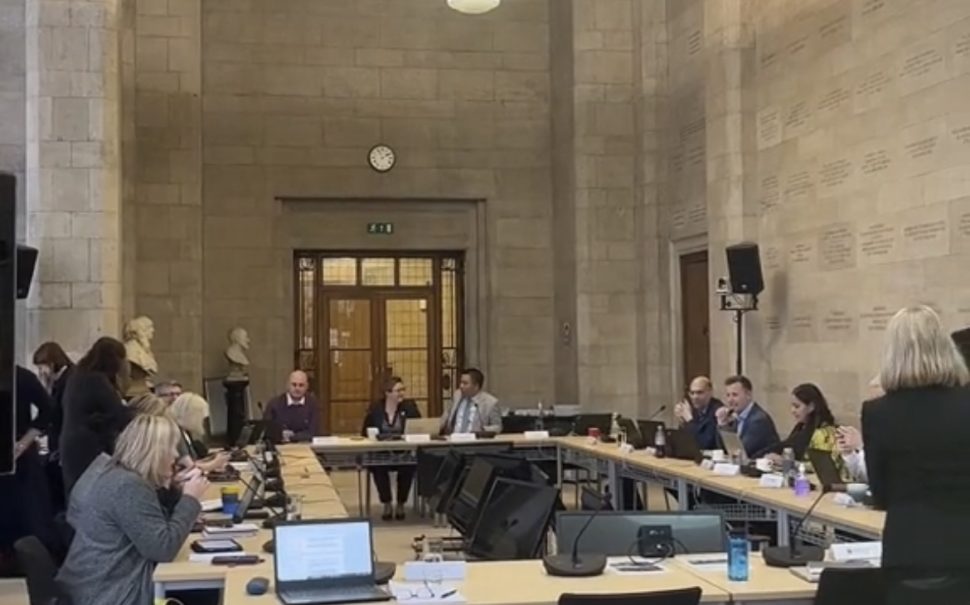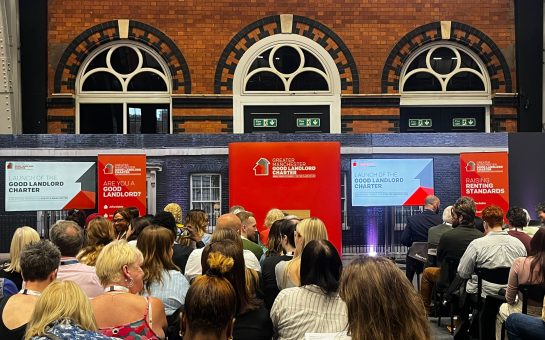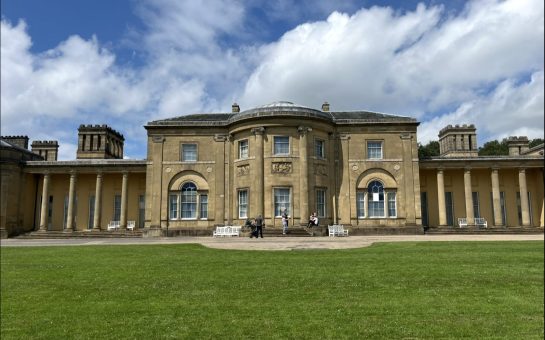Manchester City Council announces a five year plan to tackle poverty in the city, with one councillor saying: “We know that the government has given up trying to govern but we in Manchester have not.”
The council has put together an ambitious strategy in a bid to address the problem, and Councillor Thomas F. Robinson, the Executive Member for Healthy Manchester and Adult Social Care, made clear they are determined to succeed.
Speaking in a council meeting to unveil the plan, he said: “We know that the government has given up trying to govern but we in Manchester have not… Once again Manchester is at the forefront of the efforts to try and deliver, tackling health inequalities, and the policy in this paper outlines exactly how.”
While Manchester has had many successes in recent years, poverty is still a deeply entrenched problem in the region, being ranked as the sixth most deprived local authority in the country in 2019.
The Anti-Poverty Strategy 2023-2028
The strategy, set to run for five years, is a part of the council’s wider Make Manchester Fairer Action Plan.
The plan is divided into four themes – preventing poverty, mitigating poverty, pathways out of poverty and inclusive and effective delivery – with the overall vision of the whole of Manchester working together to lessen poverty and minimise its impacts.
The council aims to achieve this with a variety of measures, ranging from financial goals such as helping residents on low incomes to manage their household expenditure and reduce debt, alongside targets on well-being, such as ensuring access to culture and leisure opportunities to help people experiencing poverty have a good quality of life.
But why is such drastic action needed?
Councillor Garry Bridges gave his perspective on the route of the problem: “There are now more children in poverty in Manchester because of the Conservative party. I don’t think we should shy away from that – it is very, very party political.”
The strategy was spurred into action following a report from Professor Sir Michael Marmot that exposed deep-rooted inequality in Manchester in the aftermath of the Covid pandemic.
It serves as an extension of the Family Poverty Strategy to help all households struggling in light of the cost of living crisis as well as long-term economic problems in Manchester.
Greater Manchester still has the highest percentage of the working population claiming Universal Credit, some of whom are working, but not able to earn enough to get above the relative poverty line.
Manchester has a higher percentage of claimants when compared to both the North West and to the overall UK average.
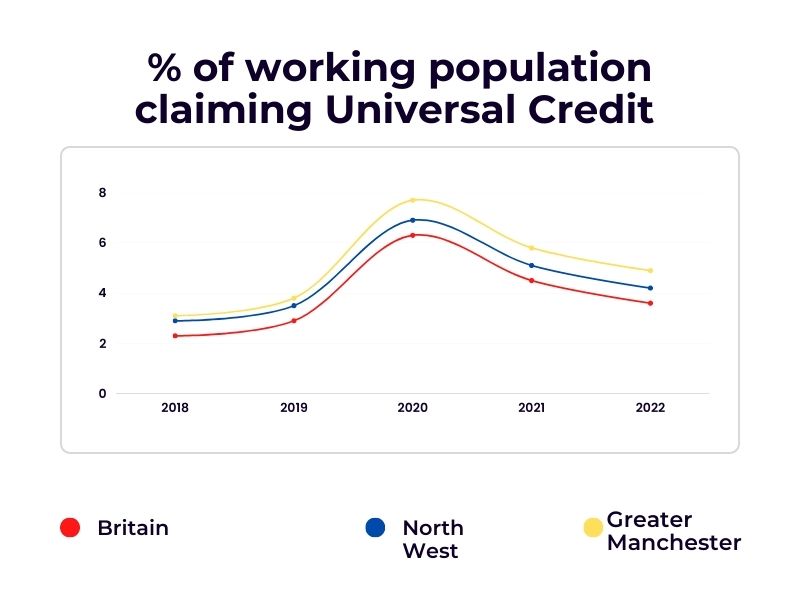
There are only 270 accredited Living Wage Employers in Manchester, and many people working still receive less than is required to live.
Indeed, a quarter of employee jobs in former ‘Red Wall’ parliamentary constituencies were paid below the Living Wage in April 2020, compared to a fifth of jobs across the UK as a whole.
And the effects of economic deprivation are felt well beyond the working population, shown by the huge numbers of children living in poverty, reaching nearly 35% in Oldham and over 30% in Manchester.
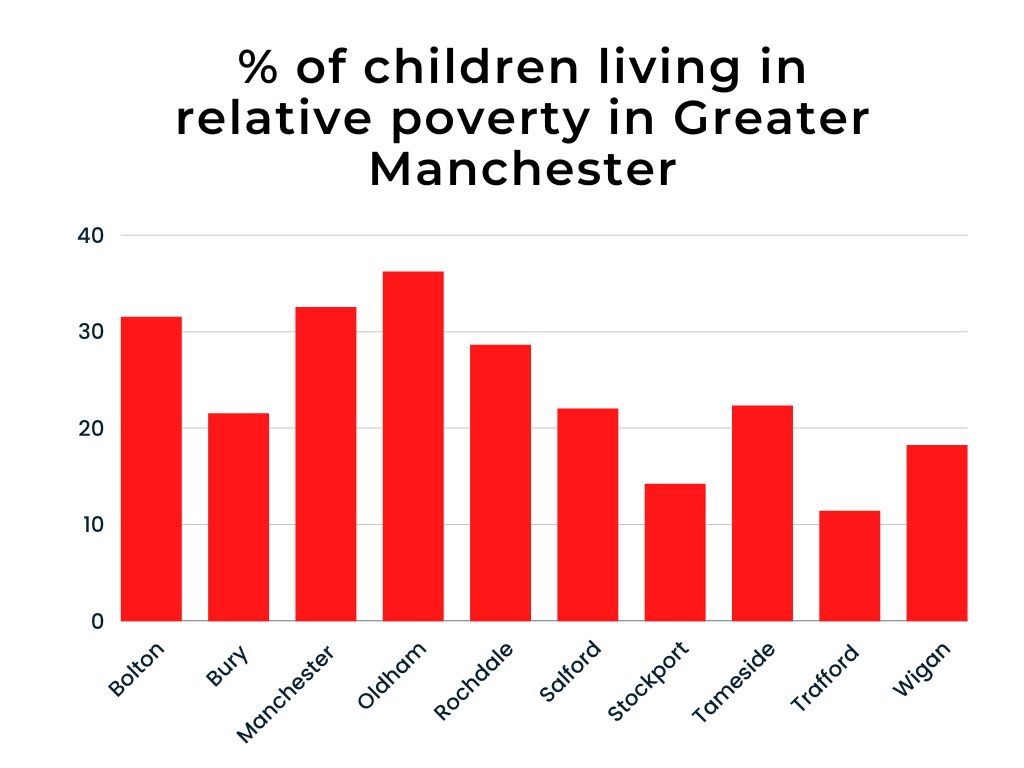
The Anti-Poverty Strategy will be implemented both by the City Council and volunteer groups, with action starting in the next few months.
